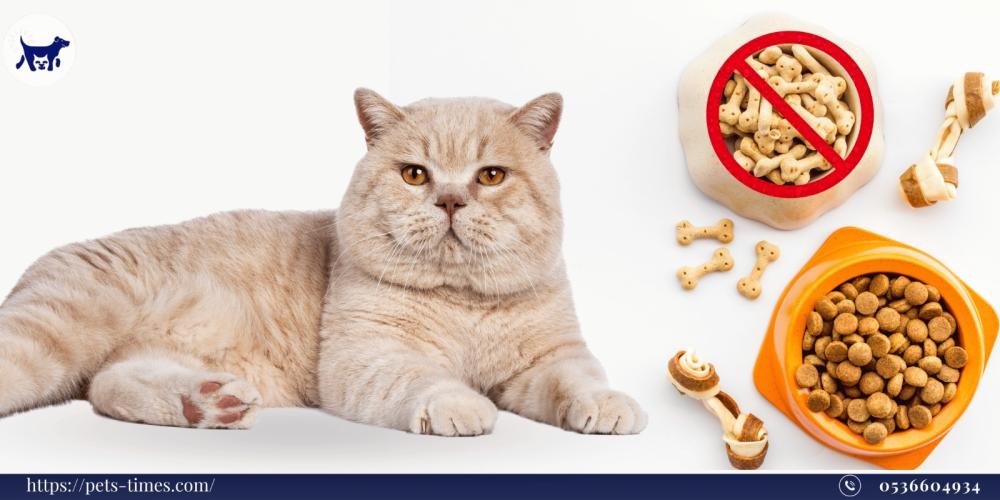First: The difference between cats and dogs in terms of nutrition.
Cats are strictly carnivores, meaning their diet is based primarily on animal protein. Dogs, on the other hand, are omnivores, meaning they can live on a varied diet that includes both meat and plants.
What does this mean in practice?
Cat food is typically high in protein.
It contains taurine, an essential amino acid that cats cannot produce themselves.
It is naturally rich in vitamin A, while dogs can convert beta-carotene from plants into vitamin A.
It contains important fatty acids such as arachidonic acid, which cats do not produce.
Can cats sometimes eat dog food?
Answer: Yes, but with conditions.
If a cat accidentally or out of curiosity eats a small amount of dog food, it will not pose an immediate health risk. However:
Dog food should not be a permanent substitute for cat food.
Continuing to feed dogs to cats can lead to essential nutrient deficiencies, leading to serious health problems such as:
Visually impaired
Heart disease
Liver damage
Weakened immune system
Conclusion: What should you do as a cat owner?
Don't rely on dog food as your cat's primary diet.
Make sure each animal has its own specific food.
If you're on a budget, look for an economical yet nutritionally balanced cat food.
Consult a veterinarian if you notice your cat preferring dog food or avoiding dog food.
Reflex Dry Cat Food for Adult Cats with Chicken and Rice
Scheir Tuna and Prawn Wet Cat Food 6 x 50g
Britt Dry Cat Food with Chicken and Turkey 2kg
GimCat NutriPockets Beef Cat Treats 60g
SmileCat Wet Cat Food for Adult Cats with Chicken in Jelly 85g
Britt Superfruits Salmon and Cranberry Treats for Neutered Cats 100g
FlynnGo Wet Cat Food with Capelin Pâté, Cod Roe, and Seaweed 90g

